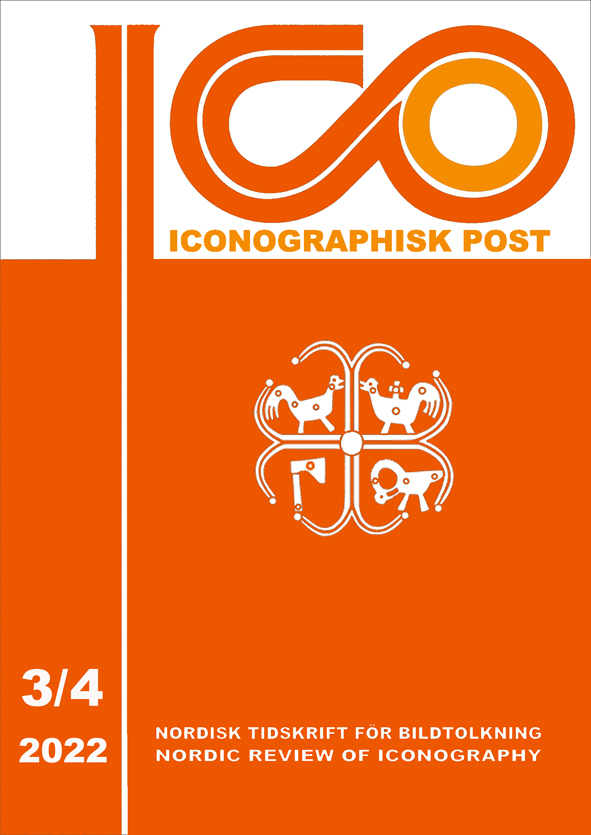Hakkorset då och nu. Reflexioner utifrån Lars-Ivar Ringboms artikel i Granskaren 1933
DOI:
https://doi.org/10.69945/ico.vi3-4.25312Keywords:
Manji, Gammadion, Tertraskele, Fylfot, Swastika, Hakenkreuz, Nazi, Fasces, Buddha, Hindu, Jain, Adolf Hitler, Heinrich SchliemannAbstract
Title: The Swastika Then and Now. Reflections on Lars-Ivar Ringbom’s article in Granskaren 1933.
In the Western world of today, the swastika is practically exclusively associated with Nazism, but in reality it is an ancient religious symbol, used in a number of different cults, symbolizing different deities. The oldest finds so far have been made in Ukraine and are between twelve and fifteen thousand years old. About seven thousand years ago the symbol existed in present-day Iran and five thousand years ago it was frequently used in the Indus culture, later to occupy a prominent place as a symbol of luck and happiness in Hinduism and Jainism and also in Buddhism. It also occurred very early in Mesopotamia and was later taken over by Greek, Etruscan, Roman, Byzantine and Christian cultures. During the latter half of the 19th century in particular, its popularity as symbol of good luck grew steadily and a large number of different countries, companies, organizations and semi-religious societies adopted it in their seals, trademarks and icons. During the first decades of the 20th century, several quasi-religious movements with a pan-Germanic, “Aryan”, and nationalist orientation chose it for their blazons. In 1920, the swastika was selected as the symbol of the then newly formed Nazi party and in 1935 of Germany. In connection with the Nazi takeover in 1933, the Finnish art historian Lars-Ivar Ringbom wrote an article in which he questions the Nazis’ right to the swastika and their definition of its content. The present article reproduces Ringbom’s short text in extenso, commenting on and contrasting it with the now current Western way of seeing and defining the ancient sign.


